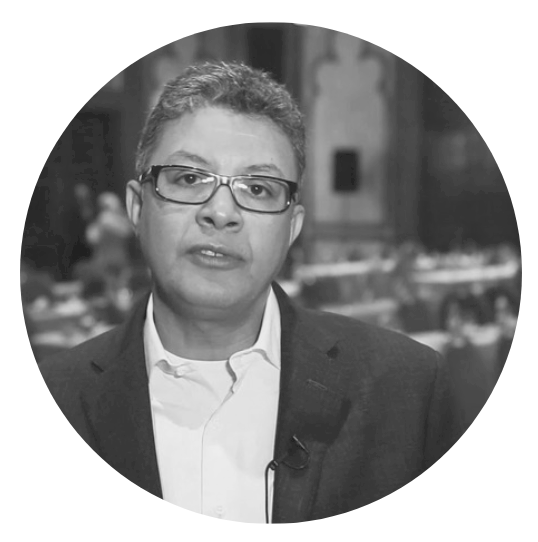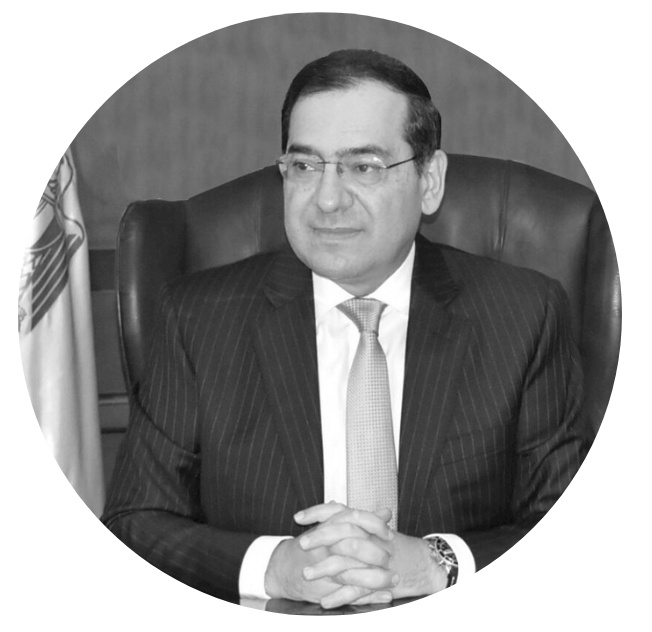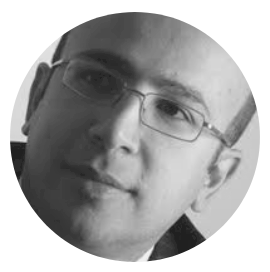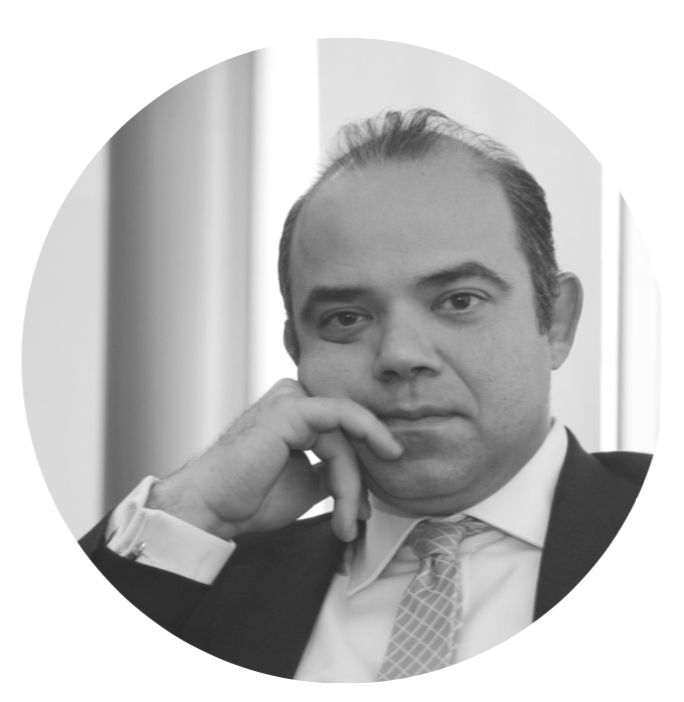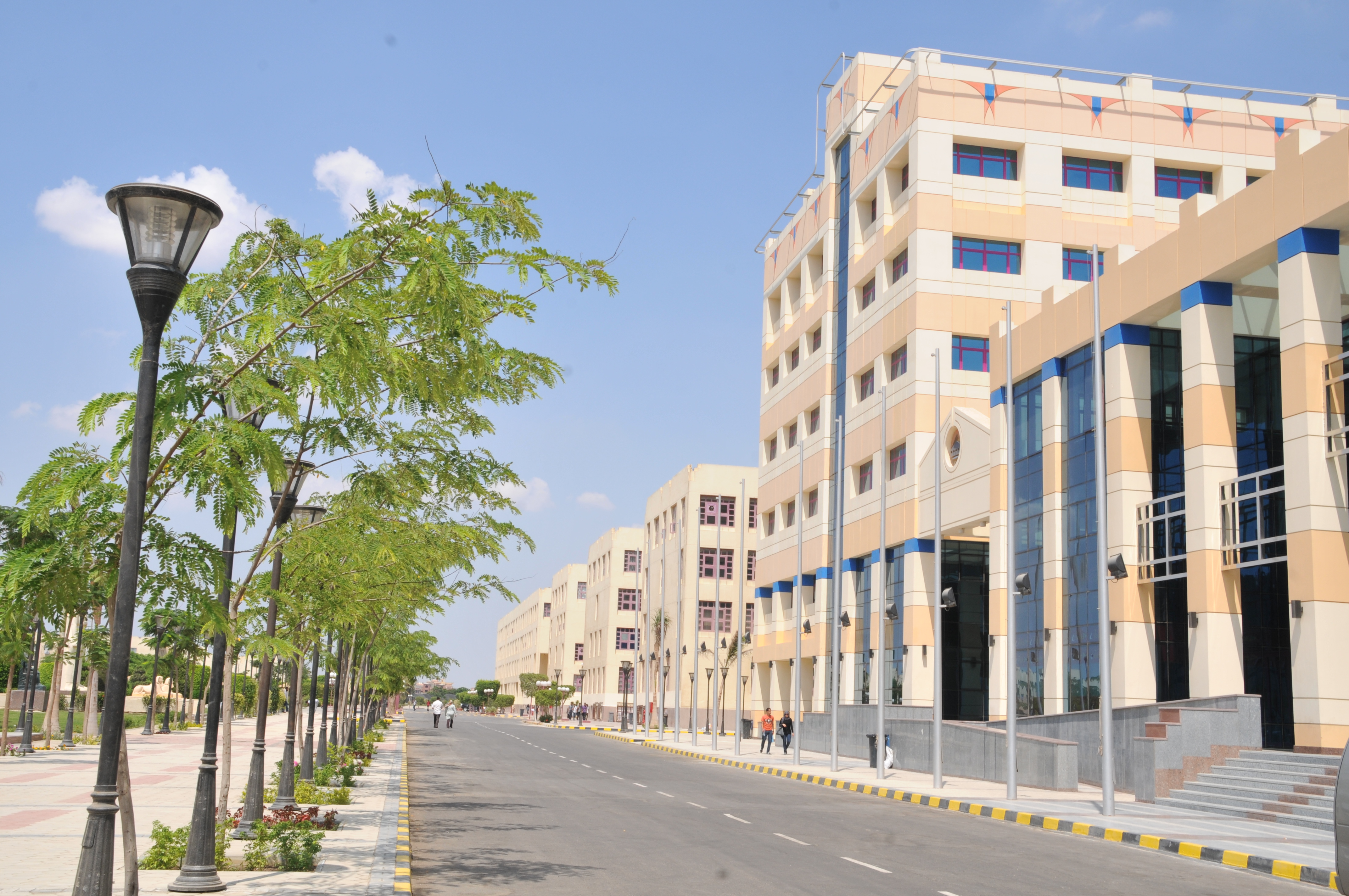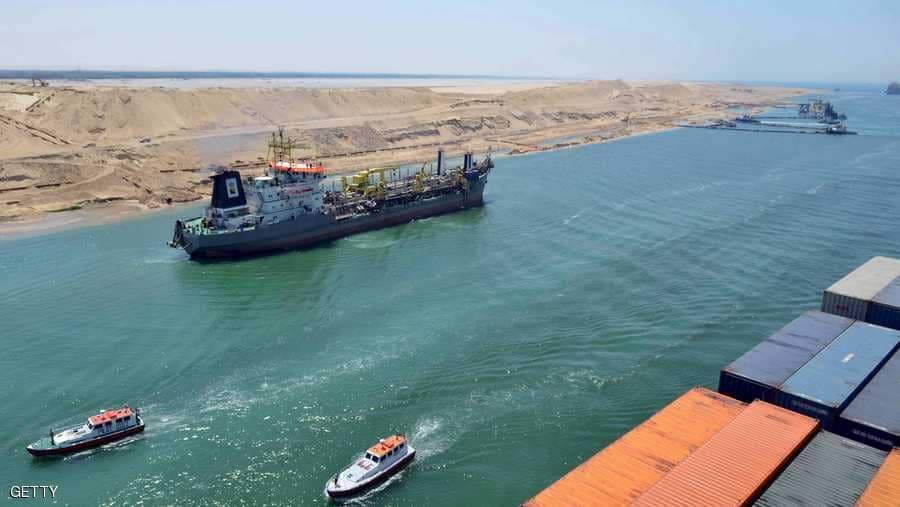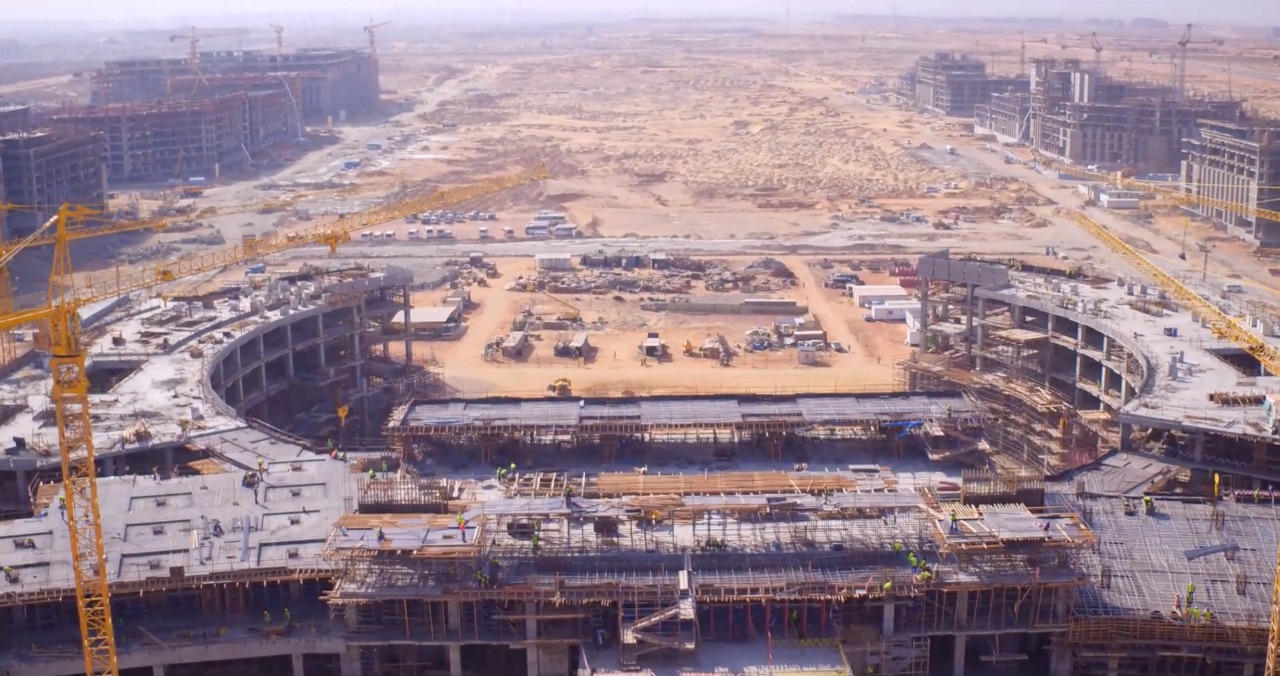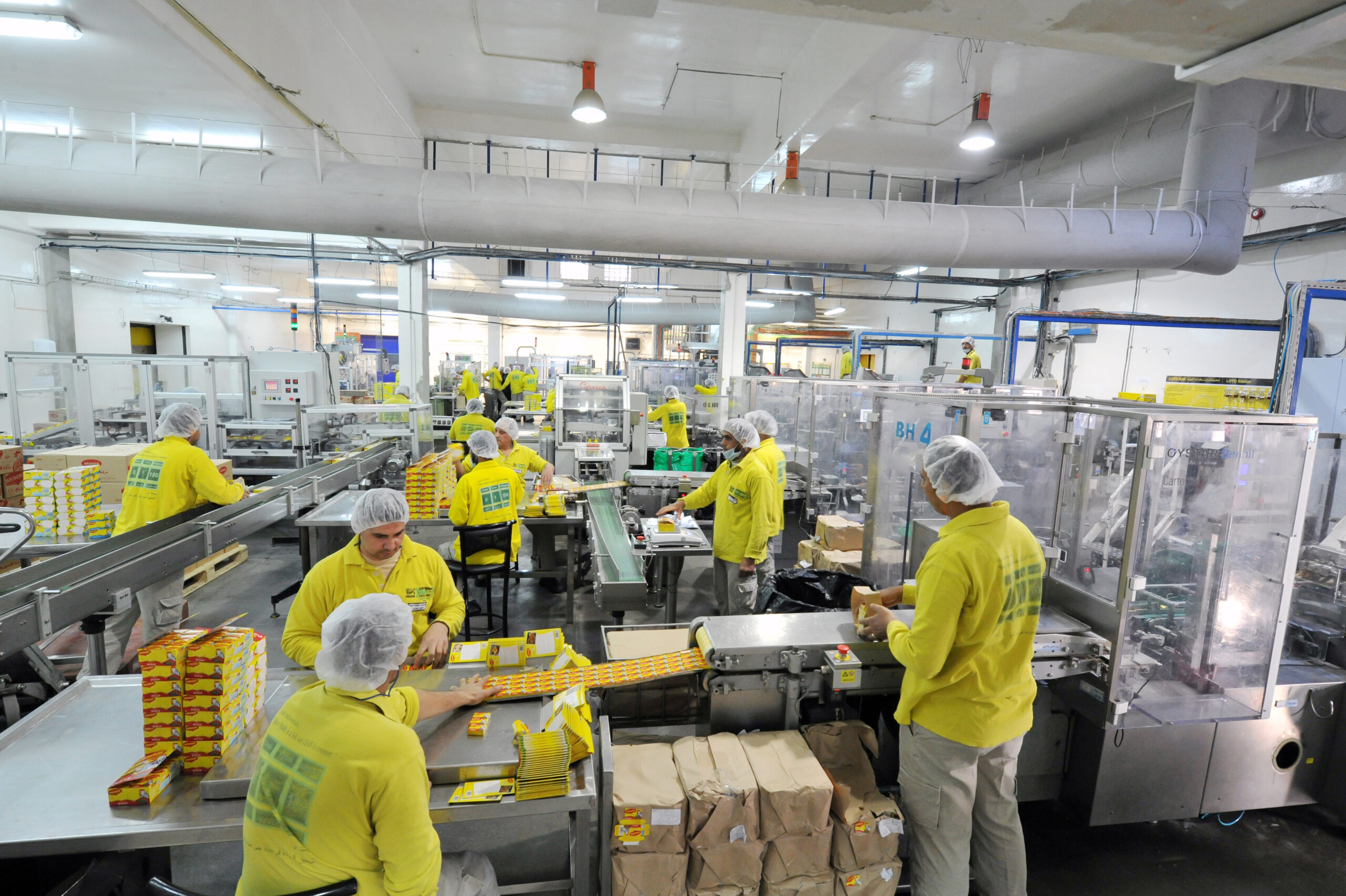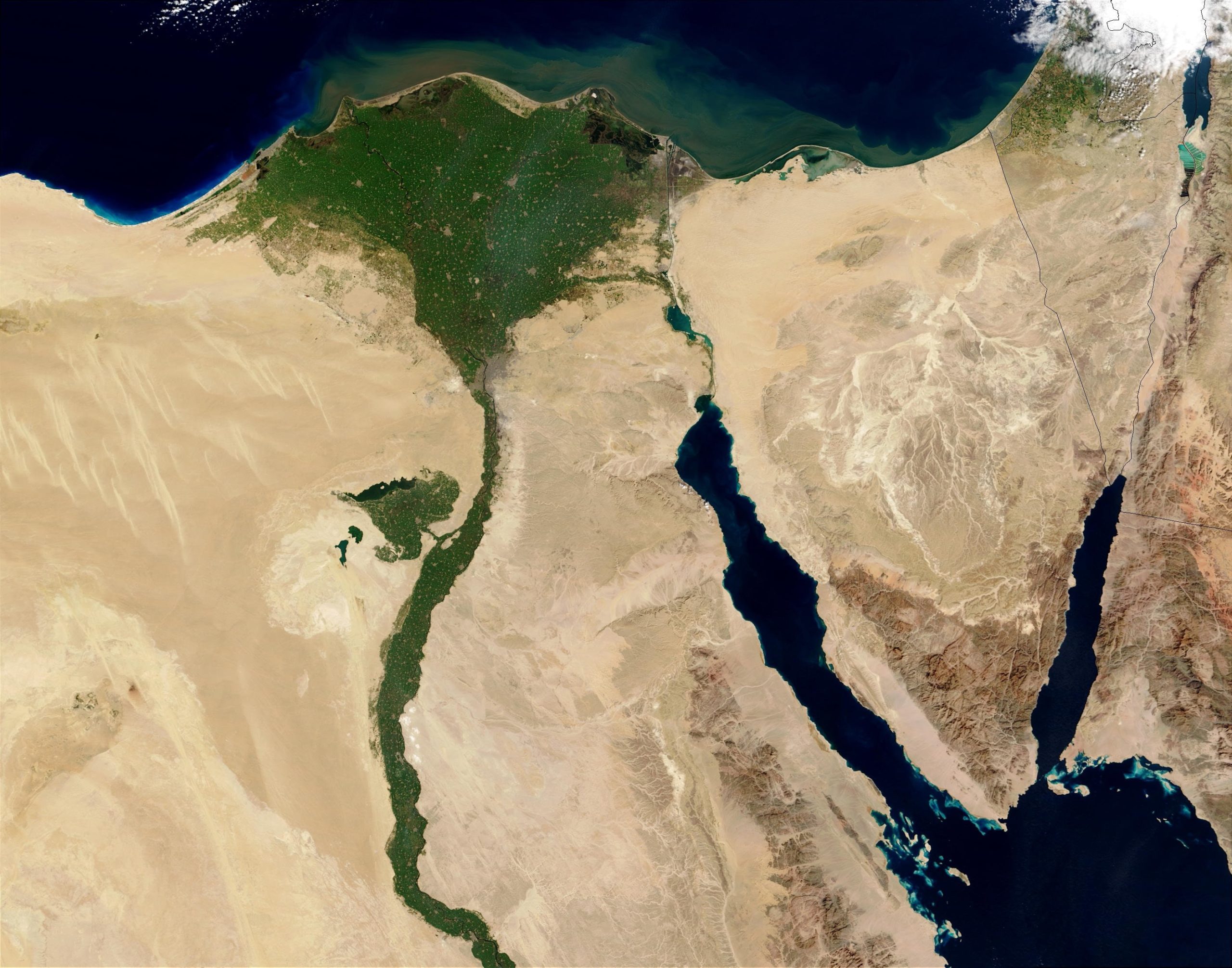
Why the region is experiencing unprecedented growth as a research and development hub
The Republic of Cyprus may be one of the smallest countries in the European Union, but it has managed to excel in countless industries. Human capital is one of the most important pillars attracting foreign investors and making a country competitive. One of the nation’s most prominent fields is its research and development sector, thanks to its highly educated workforce. Today, scientists in Cyprus are working on projects ranging from medical research to efforts to solve the world’s most pressing problems.
Cyprus Minister of Education, Culture, Sport, and Youth, Prodromos Prodromou, stated, “Cyprus has one of the most highly educated workforces in Europe. Our strategic goal, and challenge, is to establish Cyprus as a regional international center for higher education. In this regard, our relations with the USA are of crucial importance. Although a small country, Cyprus has remarkable higher education institutions, which are characterized by quality and excellence, and we believe they are an ideal destination for both Cypriots and international students. For instance, the American University of Beirut recently decided to establish its second campus in the western part of Cyprus. This is a direct result of the efforts to make Cyprus a regional hub for educational research. Cypriot universities have competitive research programs that continue to succeed in attracting international funding. The public universities attract research resources and develop research programs amounting to approximately EUR 300 million, which for our size is impressive. We aim to attract even more investments.”
How Did Cyprus Become an R&D Hotspot?

Prodromos Prodromou
Minister of Education, Culture, Sport and Youth
Republic of Cyprus
Cyprus has not always been one of the EU’s most prominent hubs for research and development. While it has long been known for its qualified researchers and scientists, the nation was once behind the curve regarding pan-European research. A significant step towards changing this situation occurred in 2020, when Cyprus established the Deputy Ministry of Research, Innovation, and Digital Policy.
Cyprus Deputy Minister of Research, Innovation, and Digital Policy, Kyriacos Kokkinos, stated, “In Europe and in Cyprus, our research excellence is indisputable. The quality of producing new knowledge on artificial intelligence, life sciences, bio-genetics, and other fields is excellent. In Cyprus, we are working to encourage the startup ecosystem to be more successful, and we have collaborations with MIT and other entities in the USA. We have a business accelerator called Cyprus Seeds which helps to fiscally facilitate Cypriot startups.”
He continued, “Cyprus is the home base of many fin-tech, high-tech, and bioscience companies that operate locally and have a global presence. Agro-tech is another up-and-coming sector that is rapidly expanding. The region has a scarcity of water, and the increased demand for agricultural products requires people to become more environmentally friendly and create more efficient irrigation systems. Cyprus is attractive for the development of new products and solutions and can be a test bed for new solutions to reach markets. We have partnerships with Boston University, NYU, MIT, and others to create an academic ecosystem for research, development, and testing.”
The Cypriot government has poured unprecedented funding into the research sector in the past few years. That, combined with Cyprus’s highly educated workforce, supercharged the nation’s R&D efforts. Cyprus experienced the second-highest level of innovation-related growth across the entire EU in 2020. It currently ranks fifth among EU member states in terms of research-related progress.
Spotlight on the University of Cyprus

Professor Tasos Christofides
Rector
University of Cyprus
A prominent academic institution in Cyprus is the University of Cyprus, which was established in 1989. While the school has just 7,000 students, it has mirrored the trajectory of its home country by becoming a respected player in the European research field despite its small size.
Professor Tasos Christofides, the rector of the University of Cyprus, said his university’s success is tied to its ability to work within a clearly identified niche. He stated, “To compete with other universities, we have to excel in something specific. We cannot invest in becoming a huge university catering to all disciplines, so we concentrate on particular disciplines and excel at specific things. We decided to invest in research because, while a small country with limited resources and capacity, Cyprus can excel and showcase impactful outcomes. In our case, we realize how innovation, technology, and entrepreneurship can positively transform society and the world. The university believes that investment in research is an investment for the future, for proposing and shaping the future to be exact. That is why we have put a heavy emphasis on establishing Research Centers of Excellence, which the European Union is currently funding.”
Cyprus ranks first in Europe for funding the creation of Research Centers of Excellence. It has also been one of the largest recipients of projects from Horizon 2020. Right now, Cyprus is home to six Research Centers of Excellence. Two of these centers are operated by the University of Cyprus and the university is also a partner in a third center. The university provides matching funds for the centers, which are ultimately intended to become self-sustaining research facilities.
The University of Cyprus has established close links with local industries, including the pharmaceutical industry, and North American research institutions. As part of the latter initiative, the university has established an agreement between its medical school and McGill University in Montreal, and an engineering student exchange program with Texas A&M University in College Station, Texas. Another medical agreement with Baltimore’s Johns Hopkins University is currently under consideration.
Dealing with Today’s Problems
In addition to the aforementioned drivers of Cyprus’s research-related progress, the nation also dealt with the COVID-19 pandemic. Cyprus acted quickly to respond to this crisis, thanks largely to the innovations pioneered by its R&D sector. In turn, the pandemic gave the industry a chance to react to new challenges and grow as a result.
Professor Christofides said the University of Cyprus played a pivotal role in Cyprus’s efforts to deal with the COVID-19 pandemic. He stated, “The University of Cyprus followed an interdisciplinary approach to help the country manage the pandemic. One example of the University’s contribution is the development of the software used in our local government’s COVID-19 response and tracking. Our researchers assisted the government in handling the pandemic by developing that software and providing expert opinions related to COVID-19 including forecasting and prediction reports, something we are very proud of. Along with that, we had people working on other issues related to the pandemic offering their expertise.”

Prof. Costas Papanicolas
President
The Cyprus Institute
Researchers in Cyprus have also been hard at work finding ways to fight climate change worldwide. With EU funding through the Horizon 2020 initiative, the Cyprus Institute has continued its efforts to track atmospheric pollution as a climate change indicator. As part of these efforts, the institution has opened a Center of Excellence known as the Eastern Mediterranean and Middle East Climate and Atmosphere Research Center. Professor Costas Papanicolas, President of the Cyprus Institute, added, “The education and research system in Cyprus is halfway between the American system and the continental European system. It has a lot of features that you do not find in continental Europe, but are reminiscent of the US system, making it familiar to American visitors. We hope to encourage more American collaborations in not only the fields of climate and atmospheric research, but across a wide array of areas.”
Cyprus as a hub for R&D and higher education is expected to flourish in coming years and will continue to strive to create solutions for today’s global problems.

